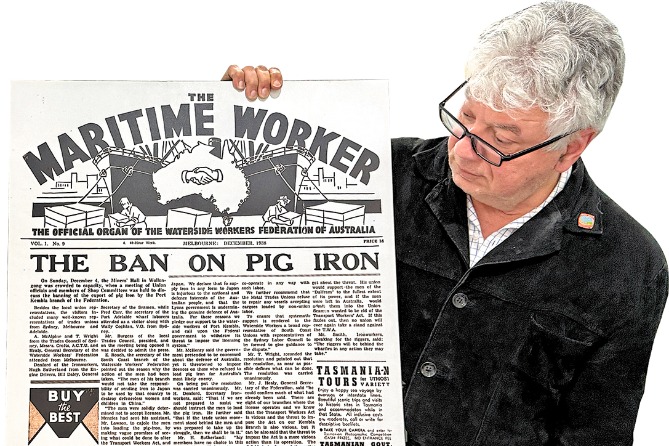Another English city runs out of money

All local government spending, except essential services, has come to a halt in the English city of Nottingham after councilors declared the city effectively bankrupt, the latest in a string of financial collapses to hit regional authorities across the United Kingdom.
Fears have been growing that other cash-strapped UK councils would follow Birmingham — one of Europe's largest local authorities — which announced it was struggling financially in September.
Nottingham in central England said it had a 23-million-pound ($29 million) hole in its budget this year, blaming pressures from increased demand for child care and adult social services, rising homelessness and high inflation.
The city has a population of around 750,000 and its city council is divided into 20 wards, which are represented by 55 councilors. The Labour Party currently holds 50 of those council seats.
The city council said it had issued a Section 114 Notice under the Local Government Finance Act 1988, meaning it can now only spend on essential services.
"The council is not 'bankrupt' or insolvent, and has sufficient financial resources to meet all of its current obligations, to continue to pay staff, suppliers and grant recipients in this year," a statement read.
Action plan
By law, councilors at the Labourrun local authority now have to come up with an action plan to tackle the shortfall within 21 days.
Nottingham is now one of 13 local authorities to have issued a Section 114 notice since 2018. Councils that have previously declared financial distress include Croydon in southern London, Thurrock to the east of the British capital, and Woking, to its southwest.
Conservative Prime Minister Rishi Sunak has accused Labourrun councils of "financial mismanagement", even though several local authorities who have issued Section 114 notices are Tory controlled.
The Institute for Government said the spending power of local authorities in England — how much they receive in grants from central government, local housing taxes and business rates to provide services — fell by 17.5 percent from 2009-10 to 2019-20.
But despite a partial recovery, it was still 10.2 percent below 2009-10 levels in 2021-22, and considering that central government funding had been cut by up to 40 percent in the first decade of Tory rule.
The Local Government Association said last week it was "hugely disappointed" that Chancellor of the Exchequer Jeremy Hunt had not taken action to plug the "huge financial gap" faced by councils across the UK.
Agencies contributed to this story.
Today's Top News
- China reaffirms sovereignty over Taiwan, says complete reunification unstoppable
- A-share market surges past 100 trillion yuan milestone
- No reason for Germany to let political expediency hurt relations with China
- Book on Xi's views on strengthening, revitalizing armed forces published
- China supports Ukraine peace talks between all parties
- China to hold press conference on military parade preparations





























